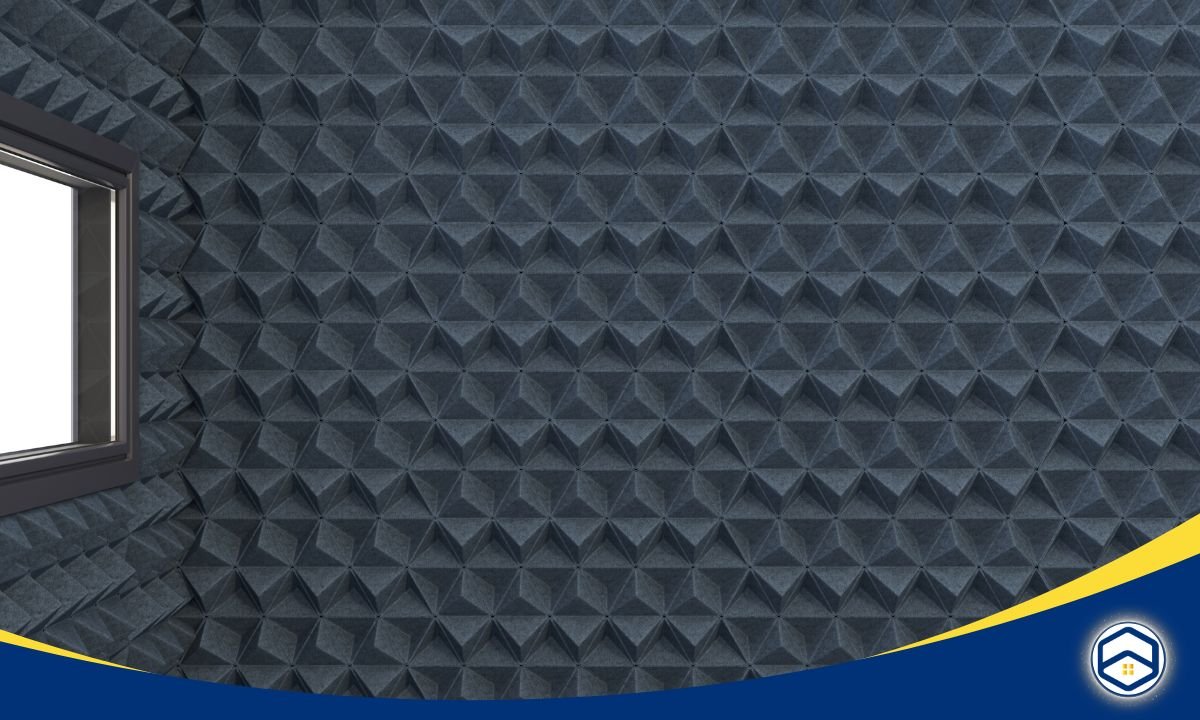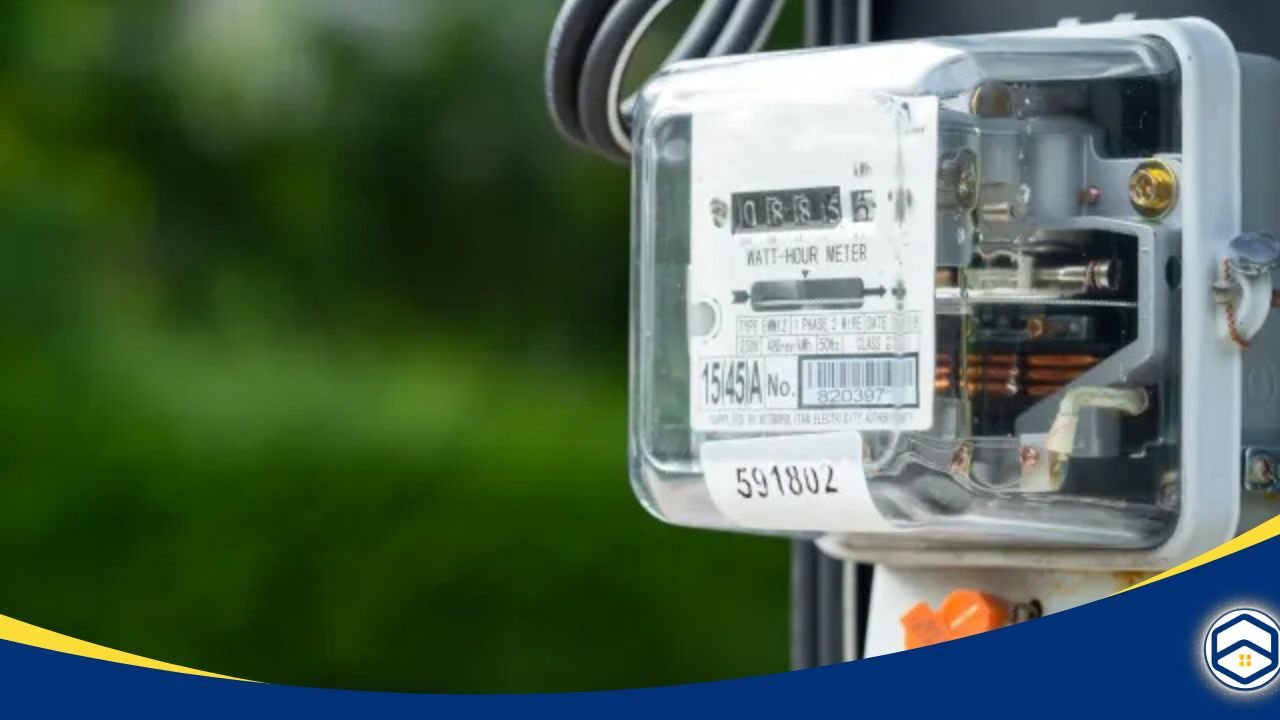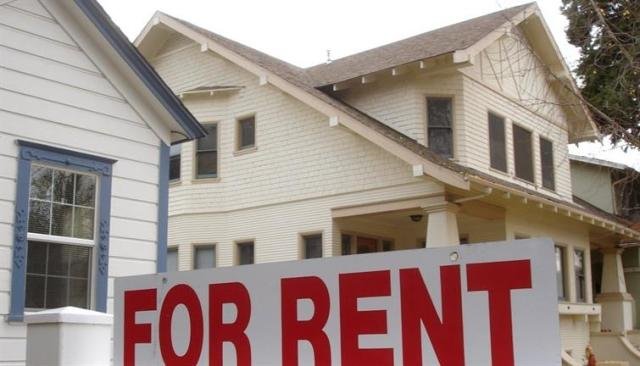Living in an apartment can sometimes feel like you’re always surrounded by noise. Whether it’s the footsteps of your neighbors upstairs, street traffic, or loud conversations next door, apartment living can often come with a lot of unwanted sounds. For many renters, the question is: How to soundproof an apartment effectively without breaking the bank or making permanent changes to the space?
Good news! You don’t have to invest in expensive renovations or move to a quieter neighborhood to enjoy some peace. In this article, we’ll explore 7 ways to soundproof your apartment, providing practical and affordable solutions for medium-income renters who want to reduce noise. Whether you’re dealing with sounds from neighbors, the street, or even within your apartment, these methods will help create a quieter, more comfortable living space.
Why Soundproofing Matters in an Apartment
Before diving into specific soundproofing solutions, it’s important to understand why soundproofing your apartment can improve your quality of life.
Living in an apartment often means sharing walls, floors, and ceilings with other tenants, and this can lead to all kinds of unwanted noise. From loud music to thumping footsteps, sounds can easily travel through thin walls or ceilings, affecting your peace and comfort.

The Benefits of Soundproofing
- Improved Sleep Quality: Excessive noise can disrupt your sleep cycle, leading to fatigue and stress. By soundproofing your apartment, you’ll create a more peaceful sleep environment.
- Reduced Stress and Anxiety: Constant noise can increase stress levels. A quieter apartment promotes a calmer atmosphere that’s better for your mental health.
- Privacy: Soundproofing helps ensure your conversations stay private and that you’re not disturbing others with your own noise.
- Enhanced Productivity: If you work from home or study, noise distractions can be a huge hindrance. Soundproofing helps create an environment conducive to focus and productivity.
Now that we know why soundproofing is important, let’s dive into 7 practical ways to make your apartment quieter without spending a fortune.
7 Ways: How to Soundproof an Apartment

1. Use Soundproof Curtains or Heavy Drapes
One of the simplest and most affordable ways to reduce noise in an apartment is by using soundproof curtains or heavy drapes. These curtains are specifically designed to absorb sound and prevent it from traveling into or out of your space.
- How They Work: Soundproof curtains are typically made with thick, dense materials that block sound waves. They work by reducing the amount of sound that enters your apartment through windows, one of the most common sources of noise.
- Where to Use Them: Install these curtains on windows facing noisy streets or neighbors. If you have large windows or sliding glass doors, soundproof curtains can help keep unwanted sounds at bay.
You can also use them for interior doors or between rooms to limit the amount of sound that travels from one area to another.
Pro Tip: If you’re renting, soundproof curtains are a non-invasive option since they don’t require you to make permanent changes to the walls or windows.
2. Install Door Sweeps and Weatherstripping
Sound can easily slip through gaps in doors, making them one of the biggest culprits of noise leakage. Door sweeps and weatherstripping are easy and inexpensive ways to seal these gaps and prevent sound from entering or exiting your apartment.
- How They Work: A door sweep is a rubber or foam strip that is attached to the bottom of the door, blocking sound from sneaking through. Weatherstripping, on the other hand, is applied around the edges of the door to seal small cracks.
- Where to Use Them: Install door sweeps on exterior doors, especially those that face noisy streets. Weatherstripping works well for both interior and exterior doors.
This simple DIY fix can make a noticeable difference in how much noise you hear.
3. Use Area Rugs and Carpets
Hardwood floors, tile, and laminate can amplify sound, creating an echo effect that bounces noise throughout the room. Area rugs and carpets are great for absorbing sound, especially if your apartment has hard floors.
- How They Work: Soft, thick rugs can absorb sound waves, reducing the amount of noise that travels across your floors and between rooms. This is particularly useful for apartment dwellers who have neighbors below them.
- Where to Use Them: Place area rugs or carpets in high-traffic areas, especially in living rooms, hallways, and bedrooms. The larger and thicker the rug, the better the sound absorption.
Pro Tip: Consider layering smaller rugs on top of larger ones to add extra cushioning and sound dampening.
4. Soundproof Your Walls with Acoustic Panels or Foam
If noise from adjacent apartments is a problem, you might want to take it a step further by adding acoustic panels or soundproof foam to your walls.
- How They Work: Acoustic panels are designed to absorb sound waves, preventing them from traveling through walls. These panels are typically made of foam or fabric-covered fiberglass and can be attached to walls with adhesive.
- Where to Use Them: Place acoustic panels on shared walls, especially in bedrooms or living areas where noise from neighbors can be disruptive. These panels can be used creatively as decorative elements while enhancing soundproofing.
For renters, acoustic foam tiles are a temporary solution that can easily be removed when you move out.

5. Seal Gaps Around Windows with Acoustic Caulk
Another area that often lets sound in is the space around windows. Acoustic caulk is an affordable and effective solution for sealing these gaps.
- How It Works: Acoustic caulk is a flexible, sound-dampening material that fills gaps around windows, doors, and walls. It’s specifically designed to block sound waves from entering or exiting.
- Where to Use It: Apply acoustic caulk along the edges of windows and doors, especially if you live near busy streets or in an area with a lot of outside noise.
Not only does this help reduce noise, but it can also help with energy efficiency by sealing drafts.
6. Opt for Soundproofing Your Ceiling with Mass Loaded Vinyl (MLV)
If you have neighbors above you, noise from footsteps, furniture, or even talking can easily travel through the ceiling. Mass Loaded Vinyl (MLV) is a highly effective material that can help absorb sound and reduce noise transmission between floors.
- How It Works: MLV is a dense, flexible material that can be installed on ceilings or walls to block sound. It works by adding mass to the surface, which helps dampen noise vibrations.
- Where to Use It: Install MLV on your ceiling to block noise from above. It can be attached directly to the ceiling or placed under drywall for a more permanent solution.
While MLV installation is typically a more involved process, it’s a great option if you’re looking for a long-term solution.

7. Install Soundproof Window Inserts
For apartment dwellers who are particularly bothered by street noise, soundproof window inserts are a game-changer. These inserts are installed over your existing windows and help block out external noise without replacing the windows entirely.
- How They Work: Soundproof window inserts create an additional layer of airspace between your apartment and the outside world, which significantly reduces sound transmission.
- Where to Use Them: These inserts are ideal for windows that face noisy streets, busy intersections, or loud neighbors.
Pro Tip: If you don’t want to install permanent window inserts, consider temporary window plugs that can be removed when not needed
Final Thoughts on Soundproofing Your Apartment
Living in an apartment doesn’t mean you have to accept a noisy living situation. Whether you’re dealing with external noise from the street, noise from neighbors, or sound traveling within your own space, there are practical and affordable ways to soundproof your apartment and make it a more peaceful environment.
By following these 7 effective soundproofing tips, such as using soundproof curtains, sealing gaps around windows, and adding acoustic panels to your walls, you can significantly reduce the noise in your apartment. Best of all, these solutions are renter-friendly and can be implemented without making permanent changes to your living space.
For more home improvement tips and expert advice on how to enhance your apartment living, visit HexaPM. Soundproofing may seem like a big task, but with the right tools and knowledge, you can create a calm, quiet sanctuary in your apartment that’s perfect for relaxation, work, and everything in between!










